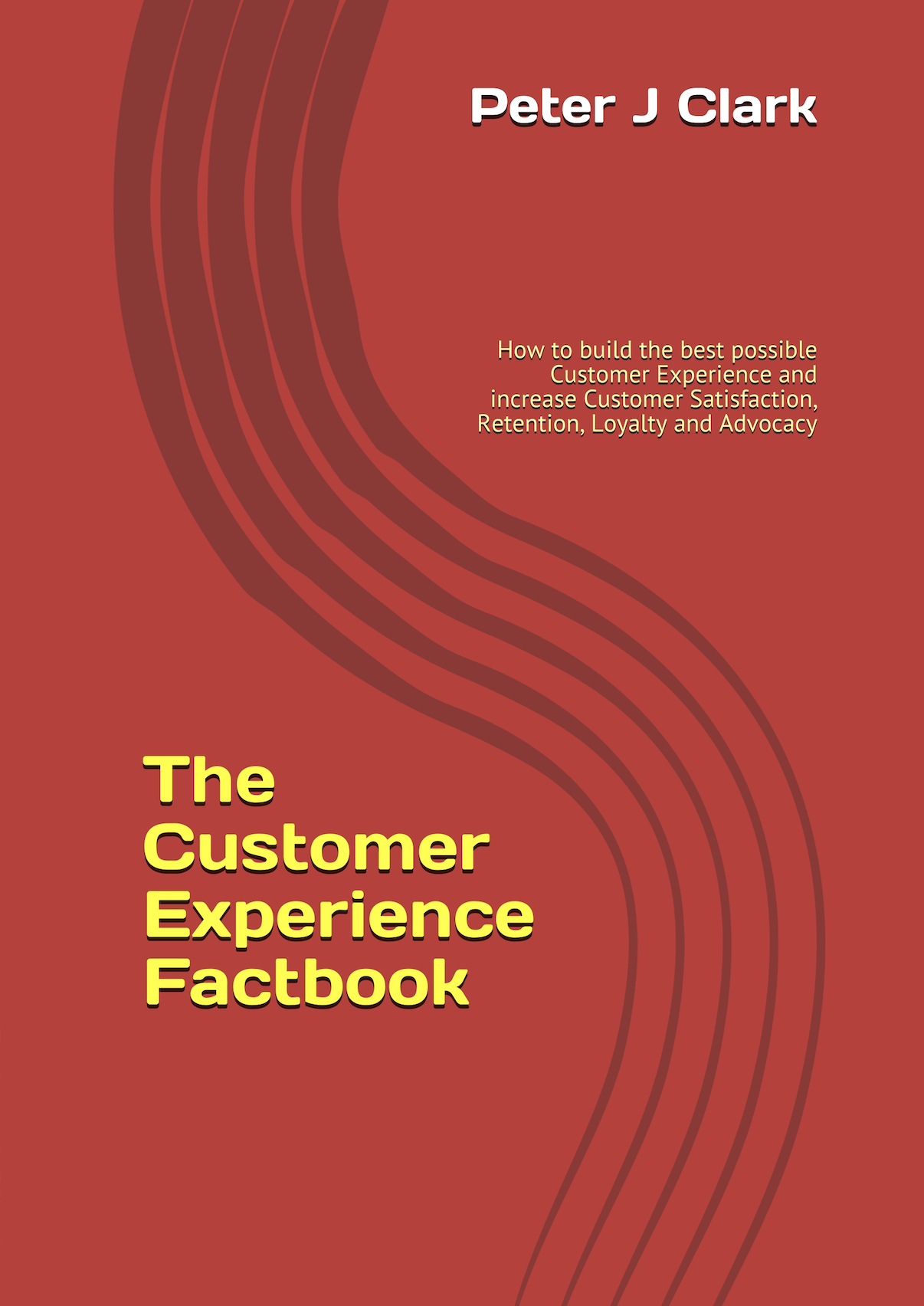Consumer Trust: Hard to Gain, Easy to Lose
It is hard to over-estimate the importance of trust between consumers and brands, and how this impacts buying habits. Consumers tend to favour brands that they can relate to, that understand their requirements, and - perhaps most importantly - that they believe they can trust, according to Ruth Gordon, director of digital marketing for Teradata, and Katharine Hulls, VP marketing for Celebrus Technologies, who here explore the link between consumer trust and data sharing.
The market research has shown that the majority of consumers across all age ranges like to receive personalised offers - 44% of UK consumers would purchase another item from the brand after receiving a positive personalised experience. However, when delving a little deeper, we see that age has an impact too, with 50% of consumers under 25 buying another product from that brand again after receiving a positive personalised experience; compared with just 31% of those aged between 55 and 64.
There are also clear age related trends when it comes to the personal data that individuals are willing to share with brands. 32% of consumers over 65 are prepared to share household income data - although this drops to just 20% of those aged 18-25.
Most trusted sector
Clearly, personalisation techniques do work and are generally well-received, but it is a delicate balancing act between requesting enough information to personalise communications and not being too intrusive. It is interesting to see that retail banks rank the highest, trusted by 32% of consumers; followed by telecommunications companies (25%).
At the bottom of the list are retailers - trusted by just 21% of consumers, although retailers and online retailers are considered to be the most successful at listening to customers and using data (40% cite online retailers as opposed to just 23% of insurers), which is probably influenced by these brands leading the way in the use of online personalisation technologies.
Data Privacy
Although generally UK consumers are happier to share personal information than German consumers, there is a complex mix of attitudes toward data across both countries and age groups. However, irrespective of age or nationality, one thing is clear - consumers want to retain control over their own data.
They routinely delete cookies, (nearly a quarter, 24%, stating they delete them weekly), and are particularly reluctant to share data with third parties; just 15% would be comfortable to have the data that is used to provide a personalised experience (such as browsing behaviour on a website or previous purchase history) to be passed on to other brands. Consumers lose control when data is shared with third parties - this in turn erodes trust. If there is a data sharing policy in place this must be made very clear to consumers.
The research showed that personalisation does work with the right balance of information and consumer trust. Retail banks have managed to achieve this balance, but retailers still have a way to go on the trust front. This is mainly due to a fear that retailers will share private details with other third party organisations - something that the majority of consumers in the UK and Germany are very against.
However, when asked why they are comfortable sharing data with brands, nearly half (45%) of respondents stated that they trust brands to store their data securely. This indicates that reinforcing security and privacy policies around data storage is a good message for brands to communicate clearly to their customers.
Brands that get the personalised experience right and respect each individual consumer's channel, messaging and data preferences, can build trust and embark upon a positive value exchange. Supporting this with positive messages about how they handle, store and control their customer data also has a positive impact on building trust.
The full research results have been made available for free download from the Celebrus web site as part of the an eBook entitled 'Balancing the Personalisation and Privacy Equation' - click here (free registration required).
Sources: Celebrus Technologies; Teradata / The Marketing Factbook.
Copyright © 2015 - 2025 The Marketing Factbook.
Categorised as:
- Customer Experience
- Knowing The Customer
- Marketing Know-How
- Marketing Technology
